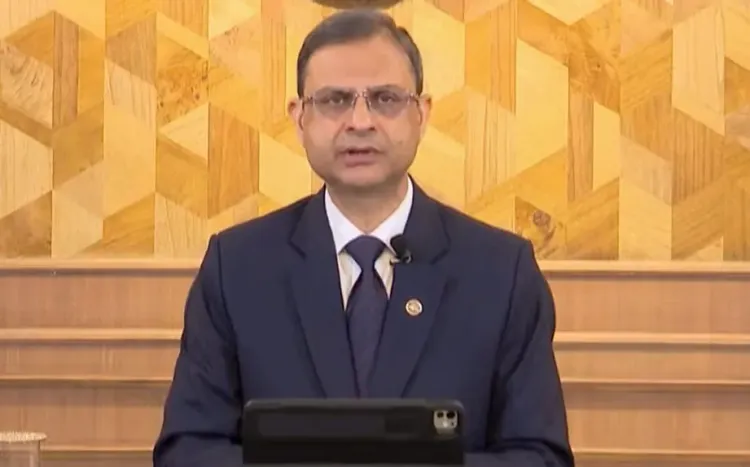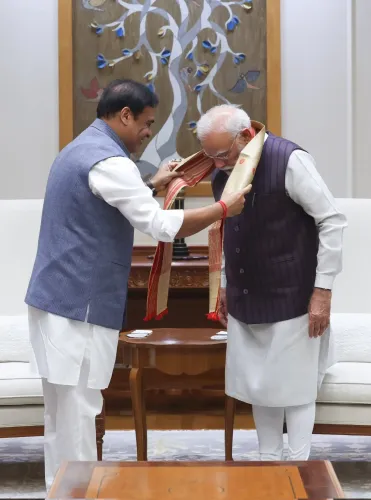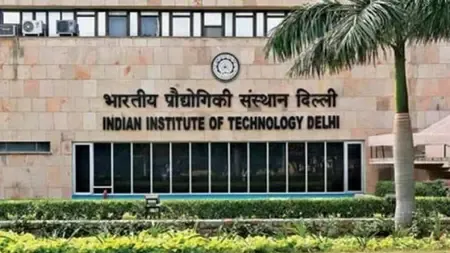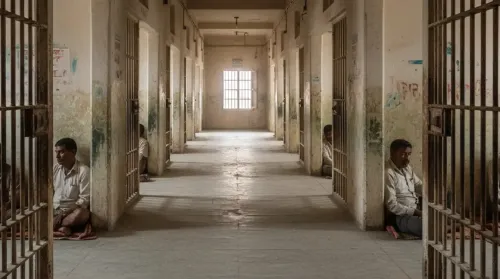Did RBI Just Cut Repo Rate by 50 Basis Points to 5.5%?

Synopsis
Key Takeaways
- RBI cuts repo rate by 50 basis points to 5.5%.
- Inflation has decreased to 3.2%.
- Shift of monetary policy stance from accommodative to neutral.
- Reduction in CRR by 100 basis points.
- India continues to attract investment opportunities.
Mumbai, June 6 (NationPress) - In a significant move, RBI Governor Sanjay Malhotra declared a substantial reduction of 50 basis points in the repo rate, lowering it from 6 percent to 5.5 percent. This decision aims to stimulate economic growth, particularly as inflation has dipped below the RBI's lower threshold of 4 percent.
A decrease in the policy rate generally leads to a reduction in the interest rates on bank loans, facilitating easier borrowing for both consumers and businesses. This, in turn, fosters increased consumption and investments, driving economic growth.
Nonetheless, the success of this rate cut will depend significantly on how promptly and effectively commercial banks relay these benefits to their borrowers.
The RBI Governor pointed out that this is the second consecutive reduction, totaling 100 basis points since February, prompting a shift in the monetary policy stance from accommodative to neutral.
This transition allows the RBI to closely monitor the dynamics between growth and inflation.
Malhotra noted that the inflation rate has fallen to 3.2 percent, coinciding with a broad-based decline in prices, indicating a stable alignment with the RBI's target.
As a result, the RBI has also adjusted its inflation projection from 4 percent to 3.7 percent.
According to Malhotra, India remains the fastest-growing economy, with robust balance sheets across corporates, banks, and the government, alongside a stable external sector, showcasing strong economic fundamentals. He emphasized that the Indian market presents appealing opportunities for both domestic and foreign investors.
The uncertainties surrounding rabi crops have significantly decreased, with second advance estimates indicating record wheat production and increased yields of key pulses compared to last year. Anticipated robust kharif arrivals are also likely to contribute to a lasting reduction in food inflation.
The RBI believes that the sharp decline in inflation expectations will help stabilize future inflation forecasts. Additionally, the drop in crude oil prices is favorable for the overall inflation outlook.
Furthermore, the RBI Governor announced a 100 basis points cut in the CRR, to be implemented in four equal tranches of 25 basis points beginning on September 6, October 4, November 1, and November 29.
Malhotra concluded by stating that the Indian economy holds vast potential for investors, driven by favorable demographics, digital advancements, and robust domestic demand.









